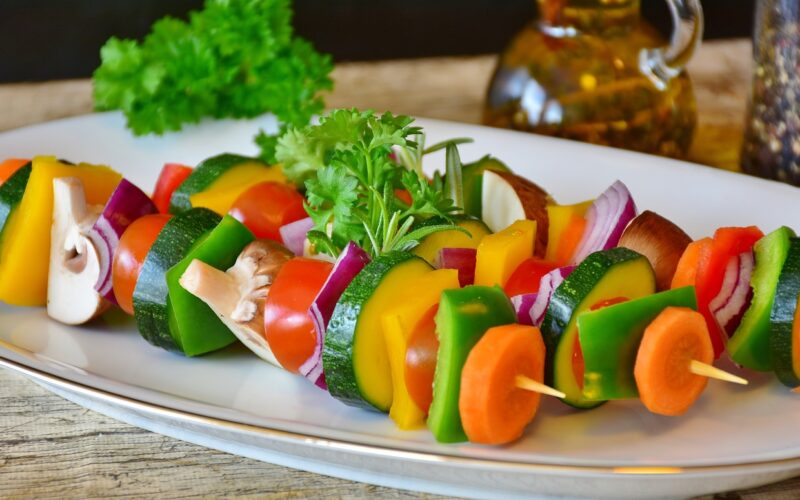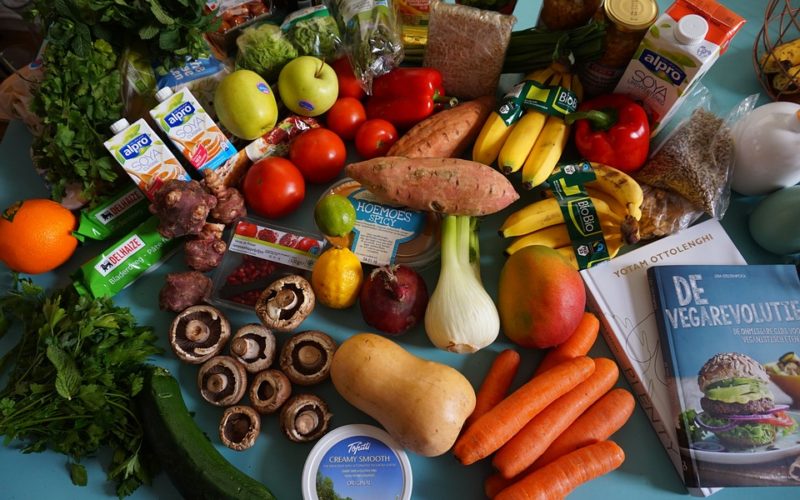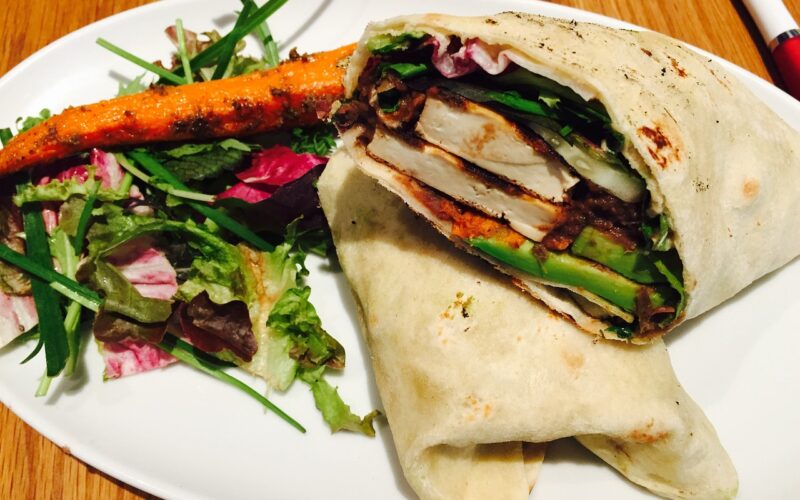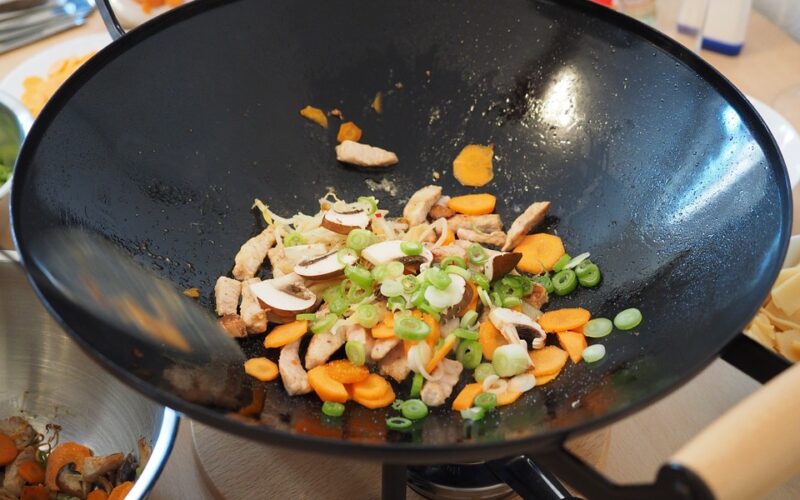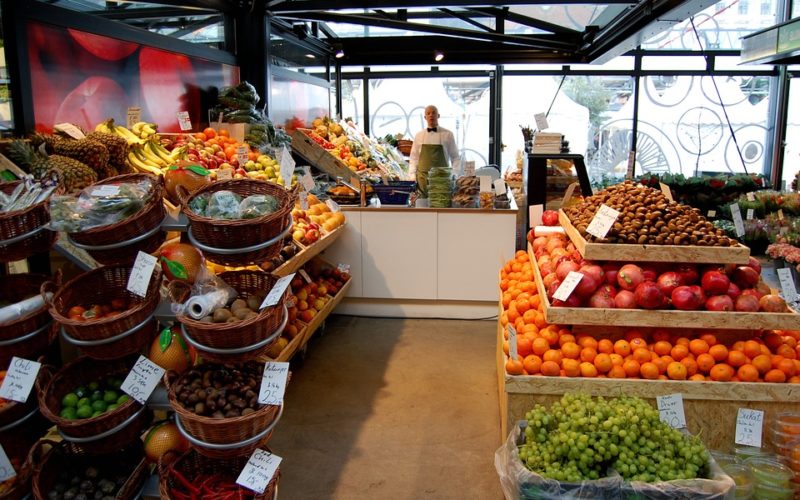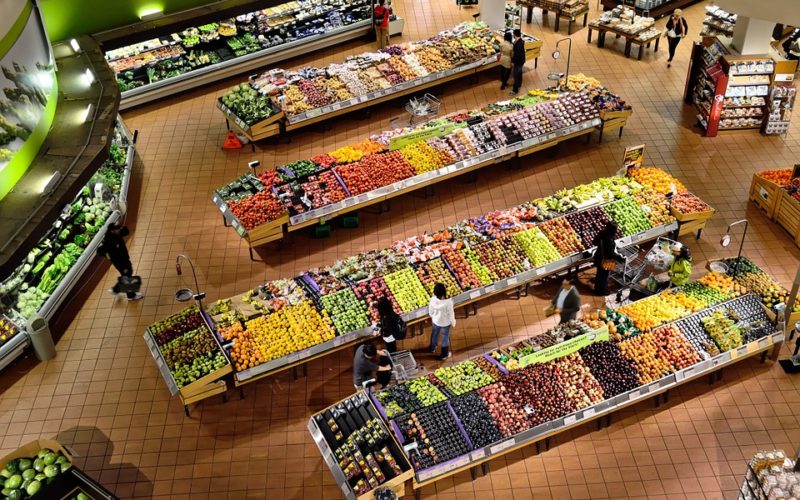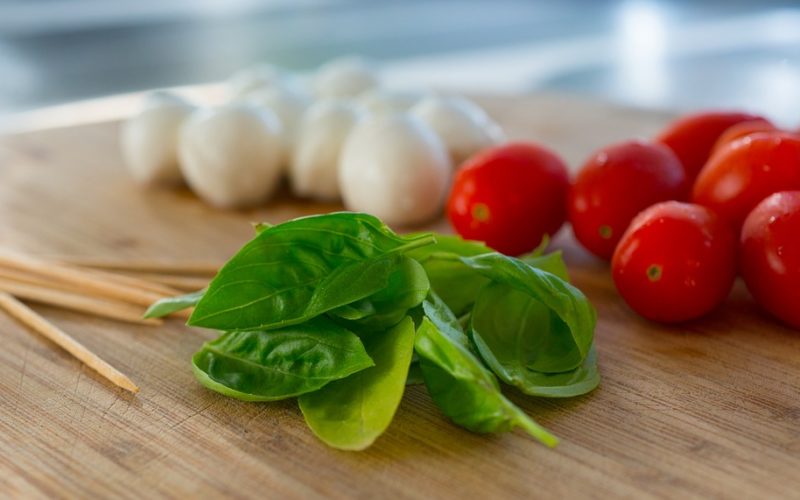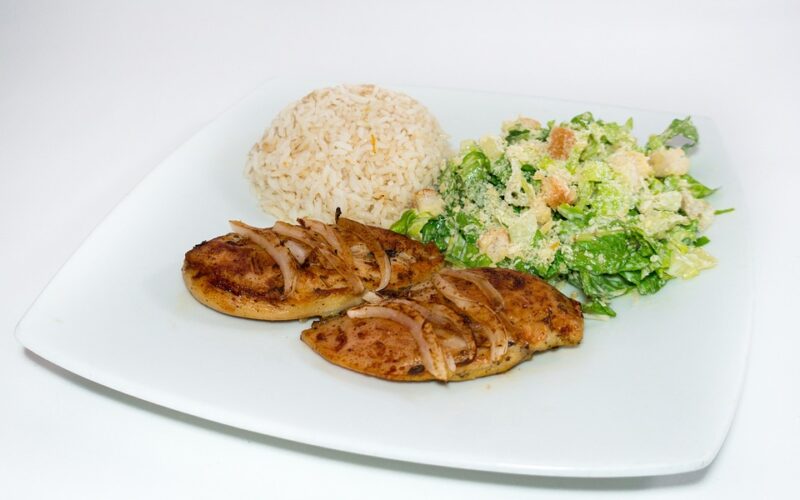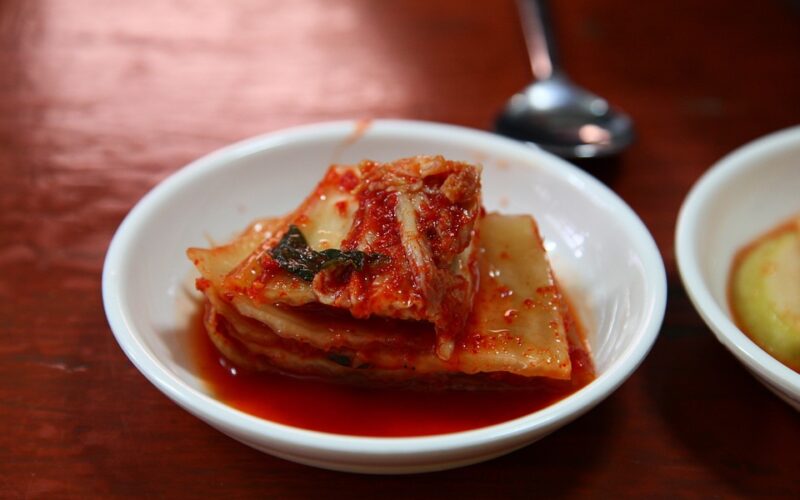Going Meat-Free
Are you considering going meat free? It's no surprise that more and more people are turning to vegetarianism, veganism, or an eating lifestyle without any form of animal-based products. The benefits for both your health and the planet are plentiful. But before jumping in head first, it’s important to consider how this change will affect your dietary habits - after all, simply cutting out meat doesn't mean that a healthy diet is automatically achieved.
Why do you want to go meat free
Going meat-free can be a daunting prospect for some, but understanding your 'why' can provide the motivation you need to make the switch. Perhaps you're motivated by the positive impact on the environment, the health benefits, or your desire to end animal cruelty.
Whatever your reason, taking the time to identify your 'why' and holding it close as a reminder can make all the difference in staying committed to a meat-free lifestyle. Your reason for going meat-free is personal and unique to you, and by using that as your guiding force, you can make a positive impact on both your own life and the world around you.
Learn about nutrition
When transitioning to a meat-free diet, it's important to understand how to get all the necessary nutrients from other sources. While meat is a great source of protein, it's not the only one. Beans, lentils, nuts, and quinoa are just a few examples of vegetarian-friendly foods that are packed with protein.
As for iron, leafy greens like spinach and kale, as well as fortified cereals and tofu, can provide the necessary amounts. If you're worried about your calcium intake, dairy alternatives like soy milk and almond milk are great sources. By learning about these alternative nutrient sources, you can maintain a balanced and healthy diet without relying on meat.
Find meat substitutes
As more and more people are turning to plant-based diets, the demand for meat substitutes is on the rise. Luckily, there are a variety of options to choose from when it comes to plant-based proteins. Tofu, for example, is a versatile protein that takes on the flavours of whatever it's cooked with. Tempeh is another protein-packed option that has a nutty flavour and a slightly firmer texture than tofu.
Beans and legumes are filling and can be used in a multitude of dishes like chili and salads. Seitan, made from wheat gluten, has the texture of meat and can be flavoured to taste just like it.
Celebrate small wins
Going meat-free is a commendable lifestyle choice. It takes effort, commitment, and dedication to stick with. One important tip to make the journey more enjoyable is to celebrate your small wins. Every milestone, no matter how small it may seem, is worth a reward. You could treat yourself to a delicious vegan meal, buy a new cookbook, or simply pat yourself on the back for a job well done.
Celebrating these small wins not only gives you a sense of accomplishment but also fosters a positive attitude towards the transition process. So, go ahead and give yourself a well-deserved pat on the back for every step you take towards a meat-free life.
Get creative in the kitchen
If you're looking to add some excitement to your meals, getting creative in the kitchen can be a great way to do it. Experimenting with new ingredients and flavours is a fun way to keep things interesting, and if you're vegan, getting creative can be especially important. You don't have to stick to the same old recipes all the time - instead, try adding in some new spices or testing out a meat substitute you've never tried before.
And if you're feeling especially inspired, try coming up with your own vegan recipes - there's nothing quite like the satisfaction of creating something delicious from scratch.
